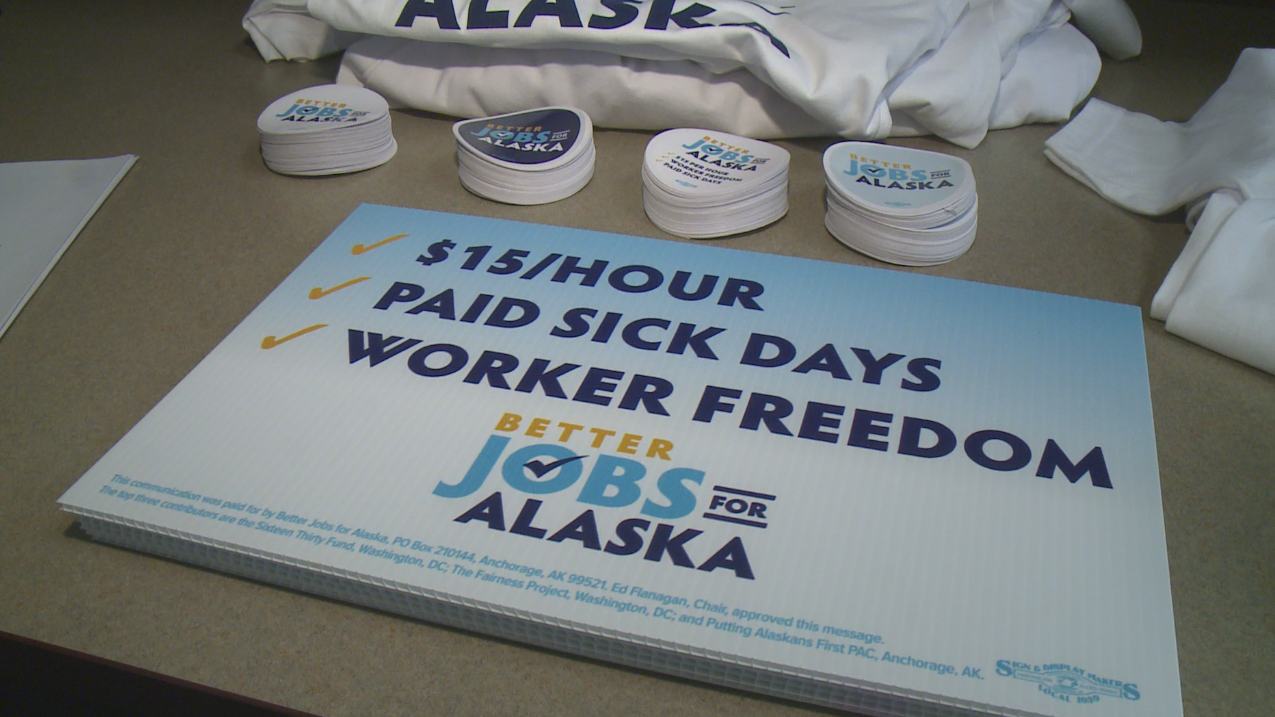The Washington State Department of Labor & Industries (L&I) in July 2020 updated its rules regarding employees qualifying as salaried exempt employees. L&I aligned these rules to more closely match the Fair Labor Standards Act (FLSA) job duties test. The federal and state job duties tests are essential when determining if an employee qualifies as exempt from overtime. These changes affect those defined as Administrative, Executive, Professional, Outside Salespeople, and Computer employees. Below are the standards according to FLSA.
Administrative
All of the following tests are necessary to qualify for the administrative employee exemption:
- The employee’s primary duty must be the performance of office or non-manual work directly related to the management or general business operations of the employer or the employer’s customers; and
- The employee’s primary duty includes the exercise of discretion and independent judgment concerning matters of significance.
Executive
All of the following tests are necessary to qualify for the executive employee exemption:
- The employee’s primary duty must be managing the enterprise, or managing a customarily recognized department or subdivision of the enterprise; and
- The employee must customarily and regularly direct the work of at least two or more other full-time employees or their equivalent; and
- The employee has the authority to hire or fire other employees or whose recommendations regarding hiring, firing, advancement, promotion, or other changes of status of employees are given particular weight.
Professional
All of the following tests must be met to qualify for the learned professional employee exemption:
- The employee’s primary duty must be the performance of work requiring advanced knowledge, defined as work which is predominantly intellectual in character and which includes work requiring the consistent exercise of discretion and judgment; and
- The advanced knowledge must be in a field of science or learning; and
- The advanced knowledge must be customarily acquired by a prolonged course of specialized intellectual instruction
The following test must be met to qualify for the creative professional employee exemption:
- The employee’s primary duty must be the performance of work requiring invention, imagination, originality, or talent in a recognized field of artistic or creative endeavor.
Outside Sales
All of the following tests must be met to qualify for an outside sales employee exemption:
- The employee’s primary duty must be making sales or obtaining orders or contracts for services or for the use of facilities for which the client or customer will pay a consideration; and
- The employee must be customarily and regularly engaged away from the employer’s place or places of business.
Computer Employee
The following test is necessary to qualify for the Computer employee exemption:
First, the employee is employed as a computer system analyst, programmer, software engineer, or similarly skilled worker, and whose primary duty consists of one of the following:
- The application of systems analysis techniques and procedures, including consulting with users, to determine hardware, software, or system functional specifications; or
- The design, development, documentation, analysis, creation, testing, or modification of computer systems or programs, including prototypes, based on and related to user or system design specifications; or
- The design, documentation, testing, creation, or modification of computer programs related to machine operating systems; or
- A combination of the duties as mentioned earlier, the performance of which requires the same level of skills.
Compensation
FLSA compensation levels for overtime exempt employees changed effective December 31, 2019. Currently, compensation for these employees must be a salary rate of not less than $684 per week ($35,568/year). This salary rate is 2.36 times the federal minimum wage.
Washington levels changed in 2020 to a graduated scale, raising salary thresholds to 2.5 times the state minimum wage by January 1, 2028. As a result, effective January 1, 2022, compensation for overtime exempt employees must be a salary rate not less than $1014.30 per week ($52,743.60/year). This rate is 1.75 times the state minimum rate of $14.49/hour by rule.
In addition, the pay rate for exempt computer professionals in Washington is $50.72/hour. This rate is 3.5 times the current state minimum wage.
What to do if the employee does not fulfill the job duties test for an overtime exempt employee?
Employers have options when addressing current salaried employees who may not meet the jobs duties test.
- Converting current exempt salaried employees to non-exempt, salaried employees and paying overtime. This option requires:
- Track hours of work for non-exempt, salaried employees.
- Pay overtime for hours worked over 40 per week.
- Limiting hours worked by employees to 40 per workweek
- Convert current salaried, exempt employees to salaried non-exempt or hourly employees.
- Track the work hours and limit it to 40 hours per week or less.
- Converting current salaried exempt employees to hourly non-exempt employees
- Pay formerly salaried employees on an hourly basis.
- Pay overtime (time and a half the employee’s regular rate of pay) for hours worked over 40 per week.
- Maintaining exempt status
- Meet salary threshold requirements for salaried, exempt workers.
- Ensure employees meet the duties test requirements, so employees would appropriately remain exempt from overtime
How can we help?
Time Equipment Company offers FLSA compliant time tracking systems with multiple pay classes, including salaried exempt, salaried non-exempt, hourly, and more. In addition, the system provides leading indicators of overtime before it happens. As a result, this report can save you time and money.
For more information about how to best track salaried non-exempt and hourly employees, contact Time Equipment Company at 800-997-8463 or sales@timeequipment.com.










